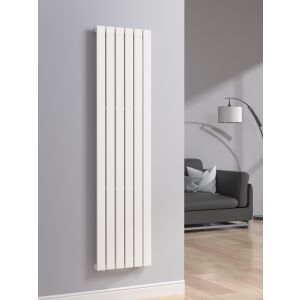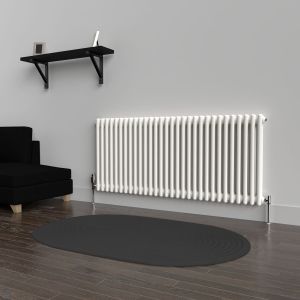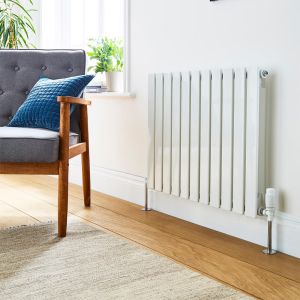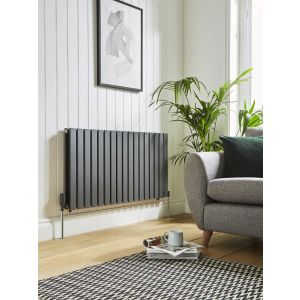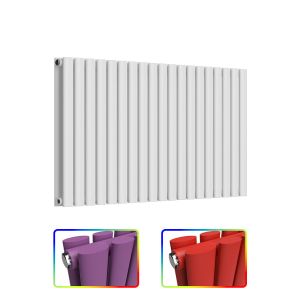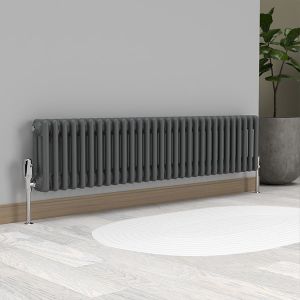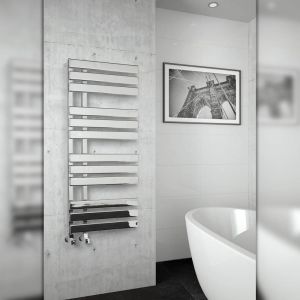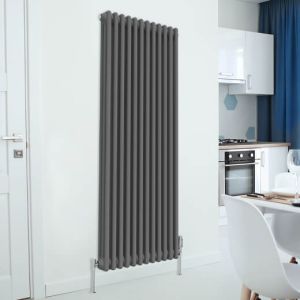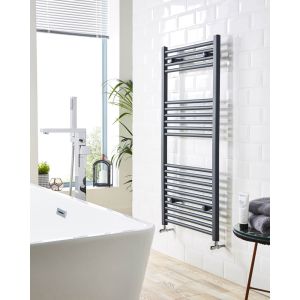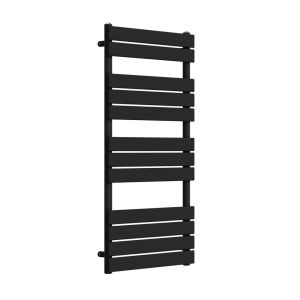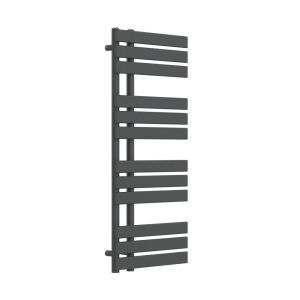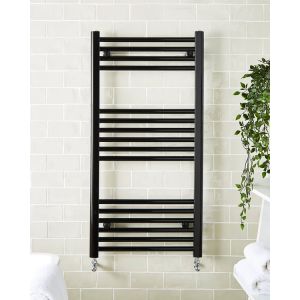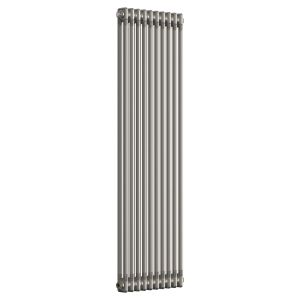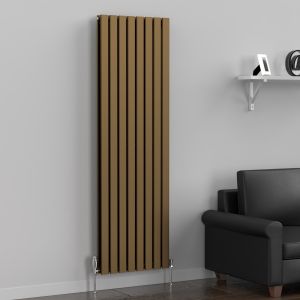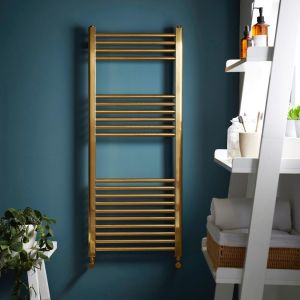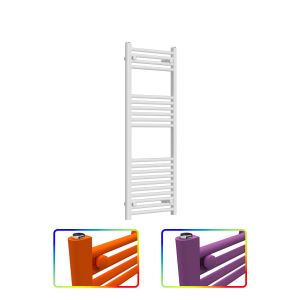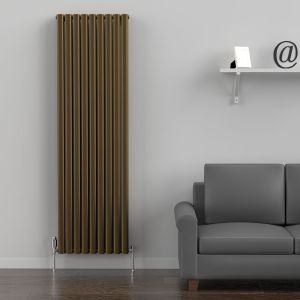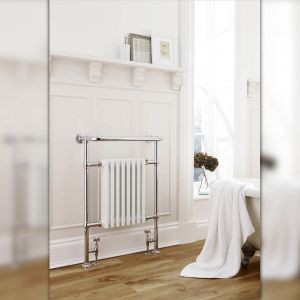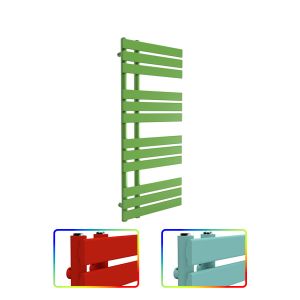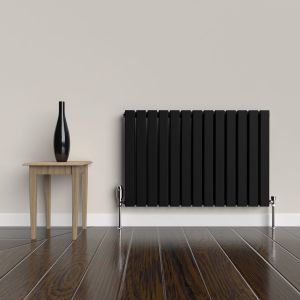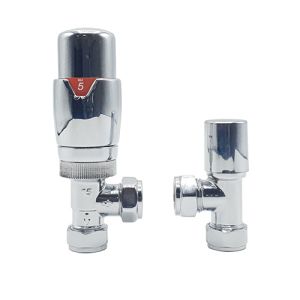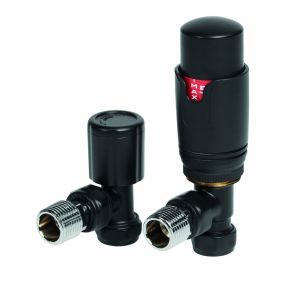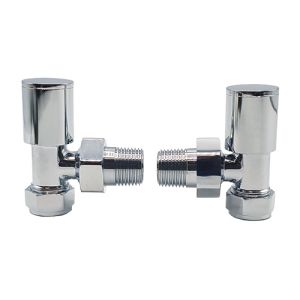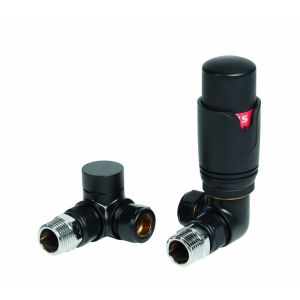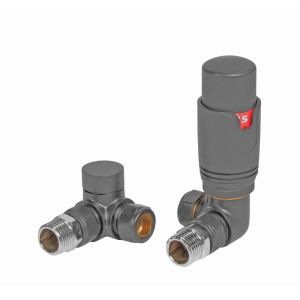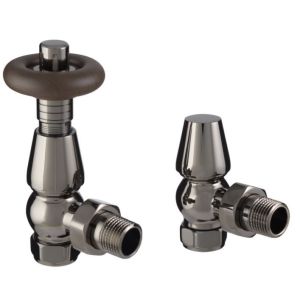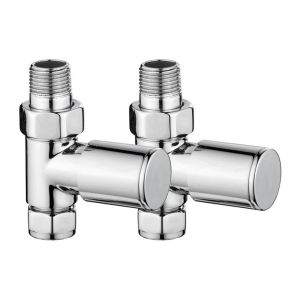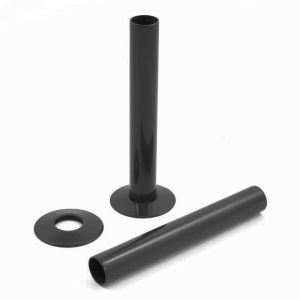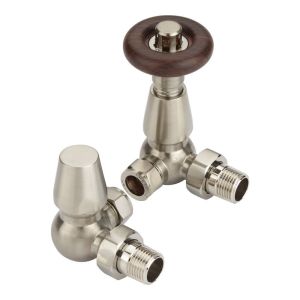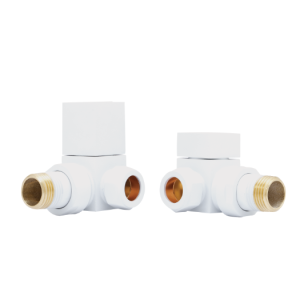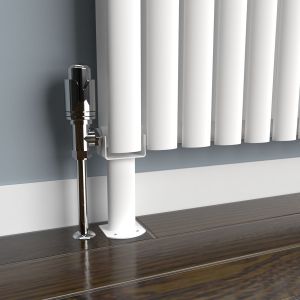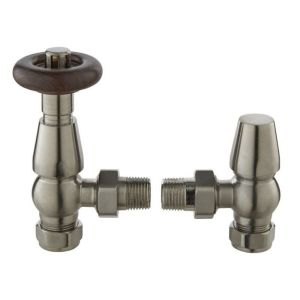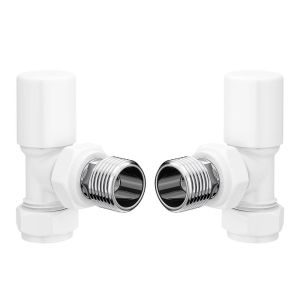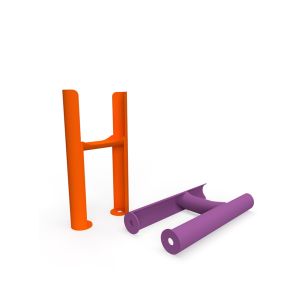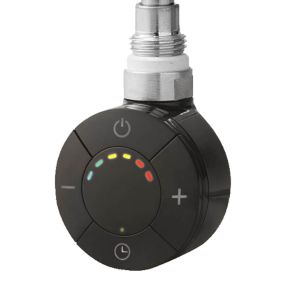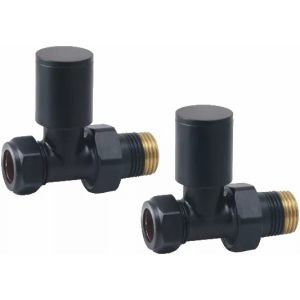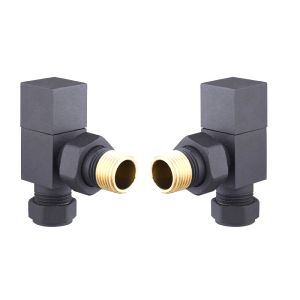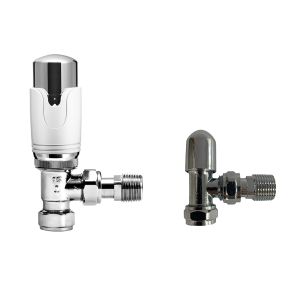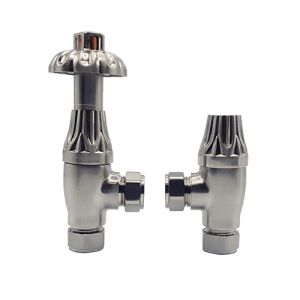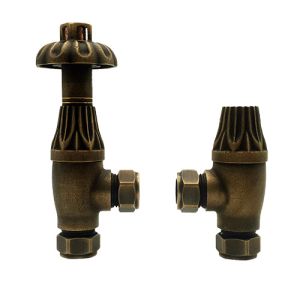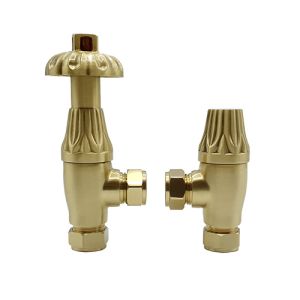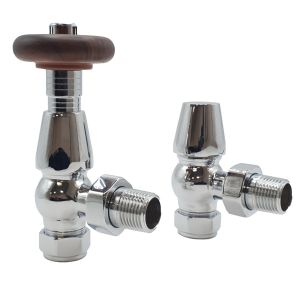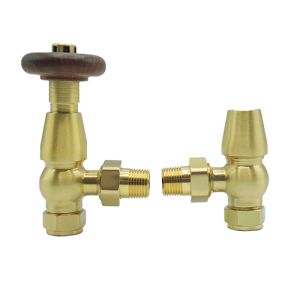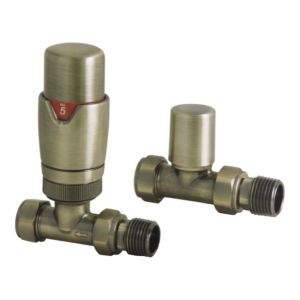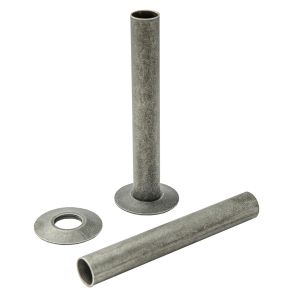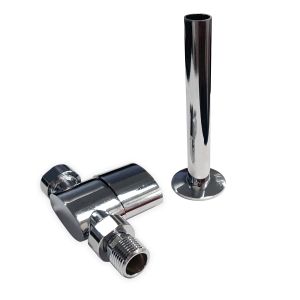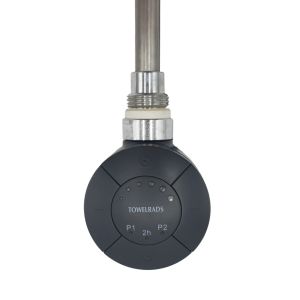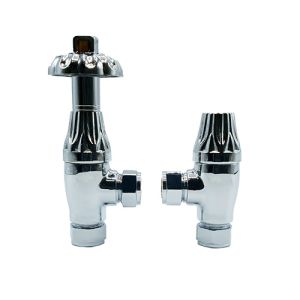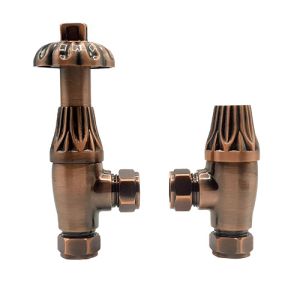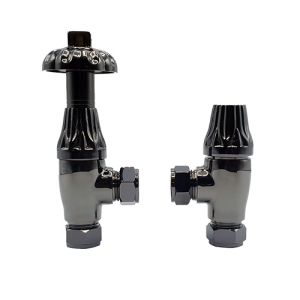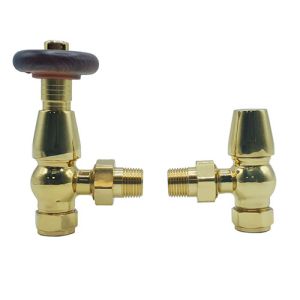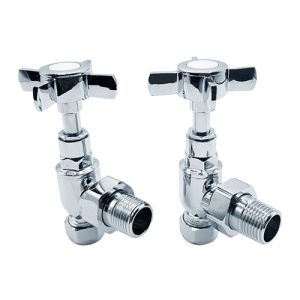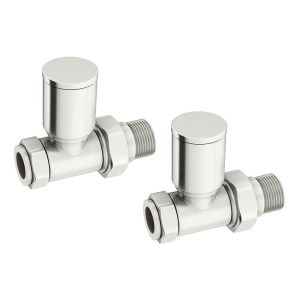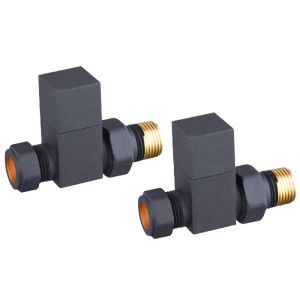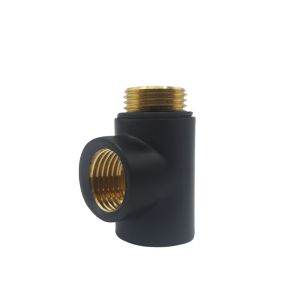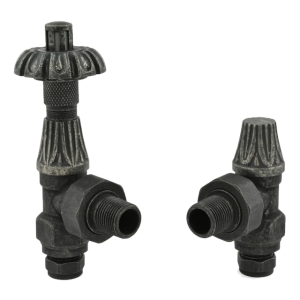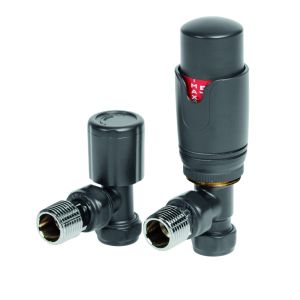It’s no secret that towel radiators are expensive pieces of equipment. To invest in them is like investing money in a company. The investment may seem like a lot of money at first but over time you will reap the rewards. The amount of energy, time and comfort saved by the use of a towel radiator, especially in dual fuel is insurmountable in the long term. One of the great things about the towel radiator is that it has so much use within the home. This has led to us not being able to even fathom not having the radiator to so fully depend upon. In the same way that the everyday television has become a household staple, strange to see the home without, the towel radiator is beginning to reach the point of necessity, not luxury within the everyday person’s home. The radiator has become a must, not a want, and in doing so any malfunction that may occur to our favourite radiator will leave a hole in our central heating needs. A broken radiator can lead to longer bathroom queues, a cold sharp shock when leaving the bath or shower as well as far more time spent waiting for towels to dry.
The multifaceted towel radiator needs to be kept in good shape, being placed within one of the most vulnerable parts of the home, these radiators are sensitive to many dangers within the bathroom and central heating environment and therefore special precautions need to be taken to make sure that you can protect your investment. After all, no one wants to lose the functional luxury or the striking visuals of the towel radiator from their home, practical beauty which can be attributed to the ever more impressive manufacturing techniques. So what should users of this great radiator species look out for when it comes to damaged goods?
Condensation
One reason for a corroding radiator may be down to the pesky natural phenomena of condensation. Especially in a bathroom, your radiator will be subjected to lots of moisture, hence why radiators are often primed and coated, so as to protect against outside forces. Of course, condensation, the state in which water has evaporated and then cooled back down to a liquid form, is inevitable and without a well ventilated bathroom, you could see a lot of it. It will eventually take its toll on your towel radiator, with rust beginning to form on the patches most affected. The best way to avoid this is by making sure that your bathroom is as warned above, well ventilated so as to not give condensation the chance to ruin your investment. This can also affect your radiator if you’re not warmed or allowed your radiator to dry for a long period of time.
Weeping radiators
A weeping radiator occurs when there is a leak within it. The problem usually is that there has been a leak which has been allowed to develop, spreading across the D section. This problem can be a fairly common one, many plumbers are called in to fix such an ailment, but it can be rectified from home by the radiator owner. Fernox is a company that specialises in water treatment and chemical products. They also create central heating system filters and testing services making them a great go-to for products relating to radiator health. With this in mind, one of their products, LS1 is a leak sealer which can be used to rectify your leaks.
High Ferric Iron
Leaks and corrosion can occur due to a build-up of Ferric Iron within the radiator. This can lead to corrosion and leaks at the bottom of the radiator and the eventual destruction of the entire radiator. This problem can occur if the towel radiator hasn’t been bled properly or regularly. Another reason may be due to a lack of inhibitors within the system. Inhibitors are used due to radiators being made of two substances, metal and water. When these two substances come into contact for longer periods of time like the time spent inside a radiator, they will begin to react. This process is called oxidisation and is better known as rust. Whatever you’ve primed your radiators with, there is no escaping rust without the use of an inhibitor. Inhibitors are made from enzymes which stop chemical reactions from happening or at least slow them down. These liquids can be bought from many hardware and home stores and can be put into your whole central heating system, let alone the radiator so as to make sure that the system as a whole does not begin to fall apart from the inside.
With these tips, you can make sure that your towel radiator stays healthy, functioning and at optimum power for years to come.














